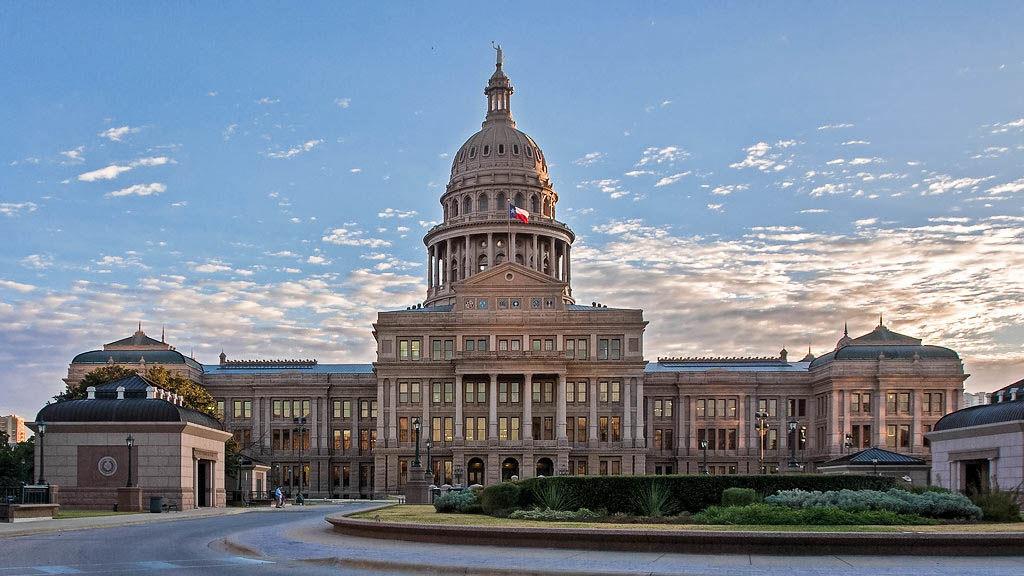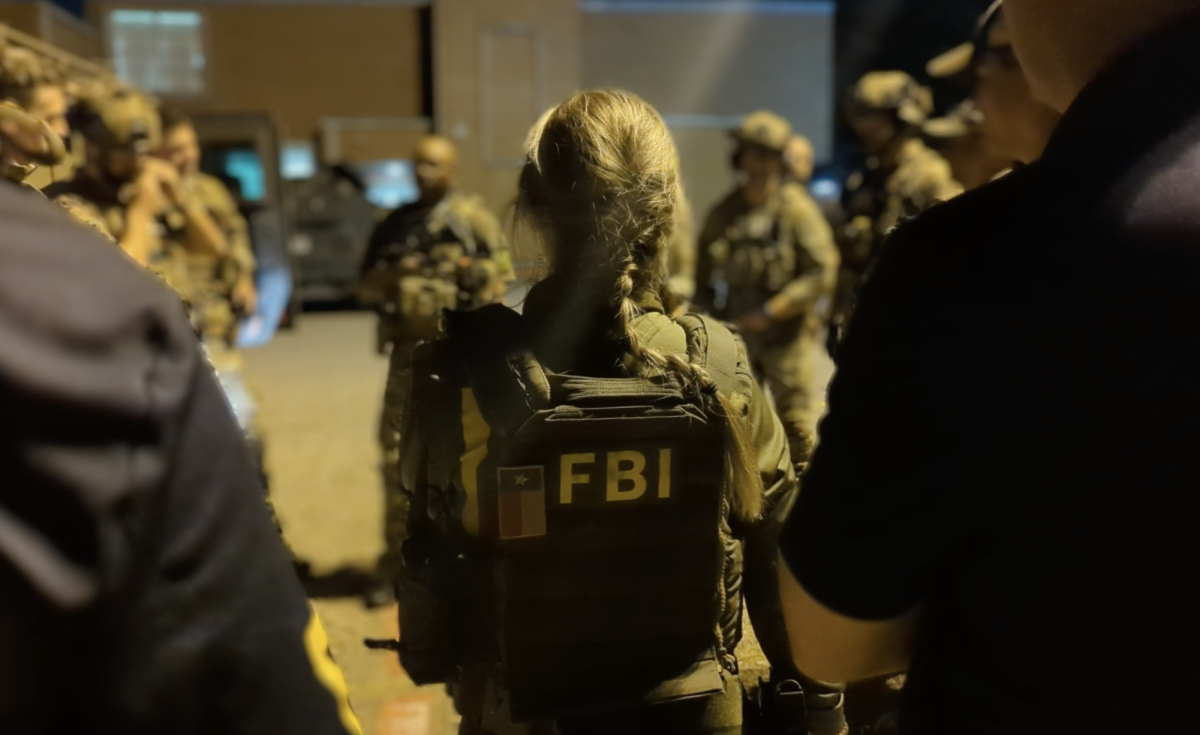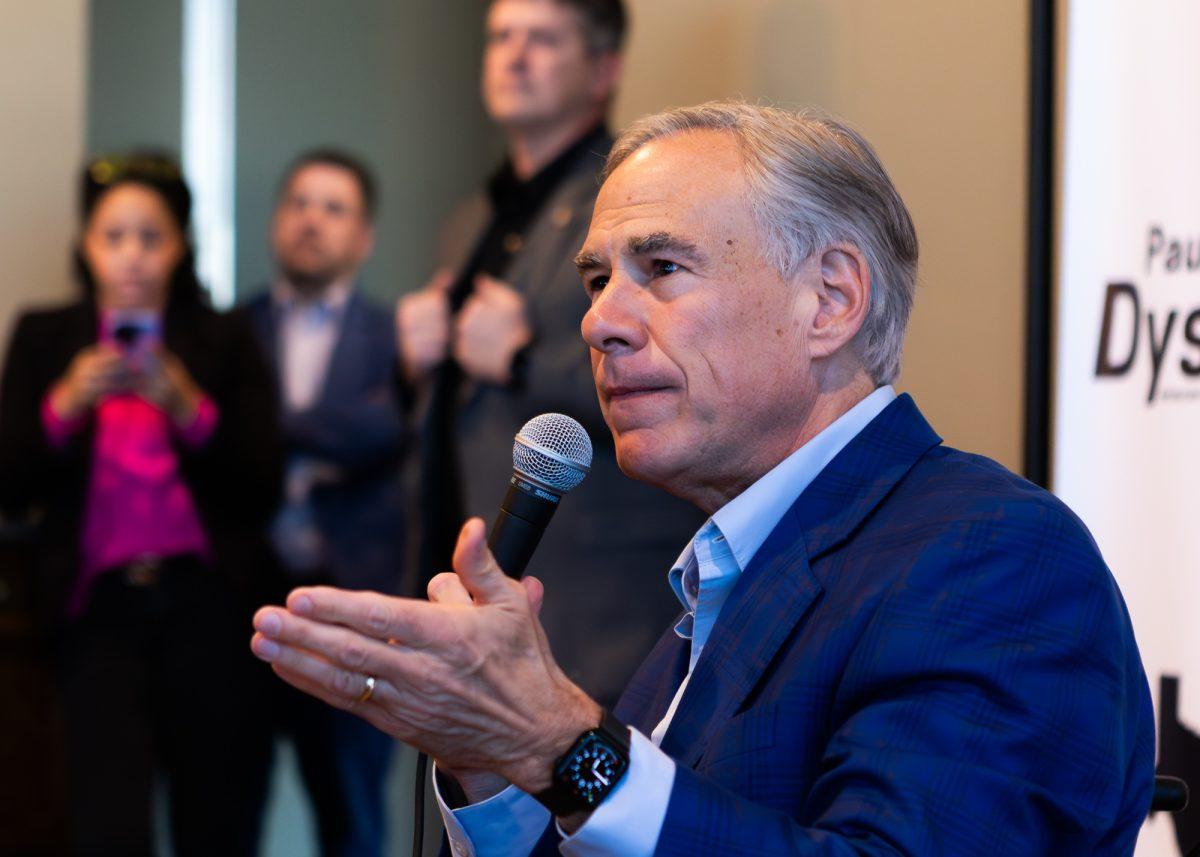Less than a month after Brazos County mourned victims of gun violence due to a recent mass shooting, both chambers of the Texas Legislature have preliminarily passed a bill that would allow permitless carry of handguns in Texas.
The idea of “constitutional carry” struggled for years to be taken up by the Texas Legislature, yet recent passage in the House prompted Republican leadership to push for open support of the bill. Within the past few weeks, Lt. Gov. Dan Patrick created a new Special Senate Committee for the sole purpose of approving the bill and securing enough votes on the Senate floor before the 87th Legislative session’s end.
The Senate passed the bill with an 18-13 vote Wednesday, despite the collapse of State Sen. Brandon Creighton mid-debate.
Having now passed, the bill heads to a conference committee to work out the Senate’s amendments. After final approval, the bill will be sent to Gov. Greg Abbott to be signed into law.
The bill in question, HB 1927, would remove the requirement for Texans to obtain a license in order to carry a gun unless they are already prohibited by state or federal law from gun ownership. As a result, Texans would also no longer need to receive the training courses currently required for a handgun license. It remains to be seen exactly how this could affect the university community, but the process is expected to be very similar to the open-carry and campus-carry bills passed in 2016.
“The university formed a task force of stakeholders to review how we were going to deal with concealed handguns on campus, and representatives from the University Police Department were part of that task force,” said Lt. Bobby Richardson, the public information officer for the University Police Department, or UPD.
Concealed handguns have been allowed on campus and other public spaces since 1995 per state law, just not inside buildings, Richardson said. When the laws changed in 2016, the task force made determinations as to what parts of campus would retain restrictions on carrying firearms, such as residence halls and laboratories where accidental discharge is most dangerous. Open-carry is still not allowed on campus under any circumstance due to a number of other state and federal laws, although it is to be determined how constitutional carry could change that restriction.
To prepare the community at the time, UPD’s Department of Community Services gave presentations to faculty and staff about what to expect upon request.
“We had a two-pronged approach; we had to explain to staff both the university regulations and the state law regulations,” Richardson said. “If some staff members did not reach out to us then we may not have been able to reach them, but we had a lot of requests for presentations on campus-carry.”
Experts say more has to be done proactively for firearms training to combat violence, rather than simply increasing access to firearms. Under the current laws, the training done for a handgun license is “absolutely minimal,” said senior political science lecturer Dwight Roblyer, Ph.D., and retired U.S. Air Force colonel.
“I think it ultimately comes down to the individual,” Roblyer said. “Even the training that was required for the previous [concealed carry license] required no tactical training whatsoever. There’s a big difference between knowing how to pull the trigger and knowing when to pull the trigger.”
While not at the “tip of the spear,” Roblyer said during his military service he worked in war-gaming at the Pentagon and knew firsthand the training and decision-making behind the military’s use of weaponry.
“I have a very, very deep respect for the power of these weapons,” Roblyer said. “I know the steps and the lengths the military goes to to try and not kill innocent civilians. But my time in the military taught me that it’s a sledgehammer, not a scalpel — even when everyone employing those weapons are highly trained.”
Violence has not seen statistically significant increases since open-carry was approved, Robyler said, and that could be a good sign for this bill. However, the trends in recent years are still concerning for those worried about increased violence.
There have been 160 shootings in the United States from Jan. 1 to April 26 in which four or more people were injured or killed, compared to just over 90 during the same period in 2020, according to NBC News. This year’s total is nearly double the average for the same months’ in every year since 2014. However, experts argue that the bigger concerns lay elsewhere.
“One of the things we have to separate out is that when guns become a priority issue, it is because there’s been a mass shooting,” said Kirby Goidel, A&M political science professor. “That’s where most of the debate resides, but that’s not where all the violence is. The real concern is violence that is more limited in nature: the homicides, suicides and accidental deaths.”
When political scientists investigate the cause of trends like increasing gun violence, they are careful to approach the issue of causality and confounding variables, the experts said.
“As I tell my students, when you’re dealing in science you’re always dealing in multiple-causality,” Roblyer said, “especially in social sciences, because human beings are so complex.”
In an era where misinformation and disinformation are so widespread, instructional assistant professor of political science Anthony Ives said trusting the scientific community over “Twitter research” is important.
“Disagreement is a means to get us to where we can be confident,” Ives said. “It’s the dispute that gives us the ability to be confident in knowledge. If you cut off the debate short because you saw two disagreeing sources, then you would have cut off Einstein and all the other disagreeing sources in science that inevitably prevailed in the field.”
Sec. 411.2049. of the bill in particular, which would prohibit officers from making “pretextual” stops and inquiries, could exacerbate issues of violence and untrained firearm usage, Ives and Goidel said. When officers make stops, knowing that a person has a proper handgun license indicates they’ve already had a background check of their criminal history, Richardson said. This changes how they approach situations where firearms are involved.
“The average gun owner in Texas does not commit crimes,” Ives said. “But if a suspicious person is carrying or purchasing a gun, the police may want to have pretextual reasons, like asking about their license, other than going straight to DEFCON 1. You’re limiting those options with this policy.”
It is unclear at this time whether Patrick will have enough votes in the Senate to secure passage, in spite of Abbott’s commitment to signing the bill into law. A solid majority of 59 percent of Texas voters oppose the idea of unlicensed carry, according to a poll conducted by the Texas Tribune. While in theory the Texas Legislature is meant to represent the will of public opinion, it is very often in modern politics that one group is “disproportionately more active than another,” Ives said.
“My own interpretation is that this is mainly a signal to gun rights advocates that, ‘Hey, we’re your party,’” Goidel said. “On one side you have a really intense minority supporting it, and on the other a less intense majority opposing it. The fact is the more intense groups tend to turnout [to vote] really well.”
In a state that regularly ranks in the bottom 25 percent for voter turnout, the groups with the most resources that are engaged on behalf of their interests will have a much greater influence, Ives said.
“The system is designed for you to think about your interests and advocate for it vigorously,” Ives said. “If everyone is doing that, then everyone’s views are represented. It’s when people don’t advocate vigorously for their interests that there’s a problem.”
Texas Senate approves ‘constitutional carry’ bill amid spike in gun violence in America
May 5, 2021
Photo by Creative Commons
Governor Greg Abbott withdrew Texas from refugee resettlement on Jan. 10
0
Donate to The Battalion
$0
$2500
Contributed
Our Goal
Your donation will support the student journalists of Texas A&M University - College Station. Your contribution will allow us to purchase equipment and cover our annual website hosting costs, in addition to paying freelance staffers for their work, travel costs for coverage and more!
More to Discover









